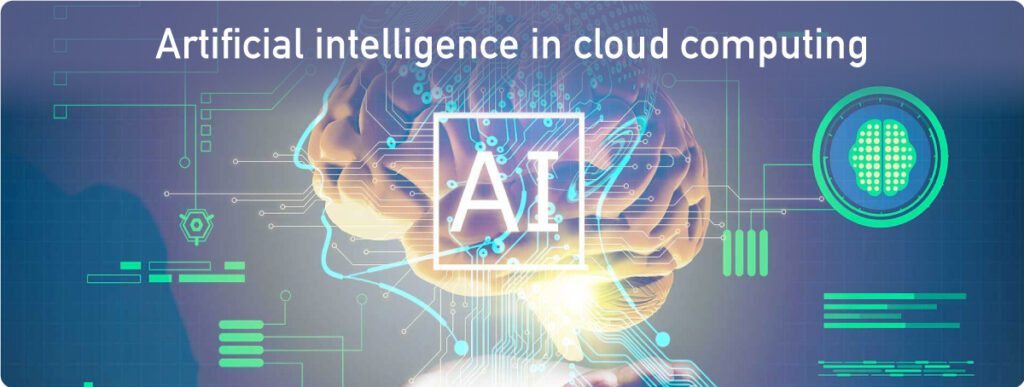/Artificial intelligence in cloud computing


Artificial Intelligence has become one of the hottest topics in the IT world in the last few years. From startups to the largest global companies. Everyone is trying to find new ways to use it to build applications or systems that would work better than previous versions, would enable the creation of things that were previously impossible or too time-consuming.
The very concept of artificial intelligence, the mechanisms that we use to build intelligent systems, is mostly nothing new and has been around for several decades. After all, it is right now that we observe how seriously it can change our world.


There are several reasons. First, in the age of the Internet, we have access to an almost unlimited set of training data that we can use to make our models better and more accurate. However, even if we do not want to use data from the Internet, it may turn out that our own data, which we collect non-stop on our servers, may be fully sufficient. The second reason is access to a sufficiently large computing power – learning artificial intelligence models is not
a trivial activity and requires appropriate server facilities. It turns out that in the era of cloud computing, where we can run 1 or 10,000 servers in a few minutes, computing power is no longer a problem. The third reason for the breakthrough, which is somewhat the result of the previous ones, is the development or improvement of AI algorithms and tools (e.g.TensorFlow, Apache MXNet, Gluon and many more).


So we can see that building applications and systems using AI has become easier, but it is still not trivial. Is it possible, then, to simplify it even more? Yes, thanks to the use of cloud computing. It turns out that apart from the well-known services, such as virtual servers, databases or archiving services, there are also AI services.
Each IT project that will use AI is of course different, although it may turn out that we are able to choose services from the cloud computing portfolio, thanks to which we will be able to implement it faster. Companies that do not have AI competencies, but still want to take advantage of its advantages, can use ready-made AI services that have been developed to solve common problems.












